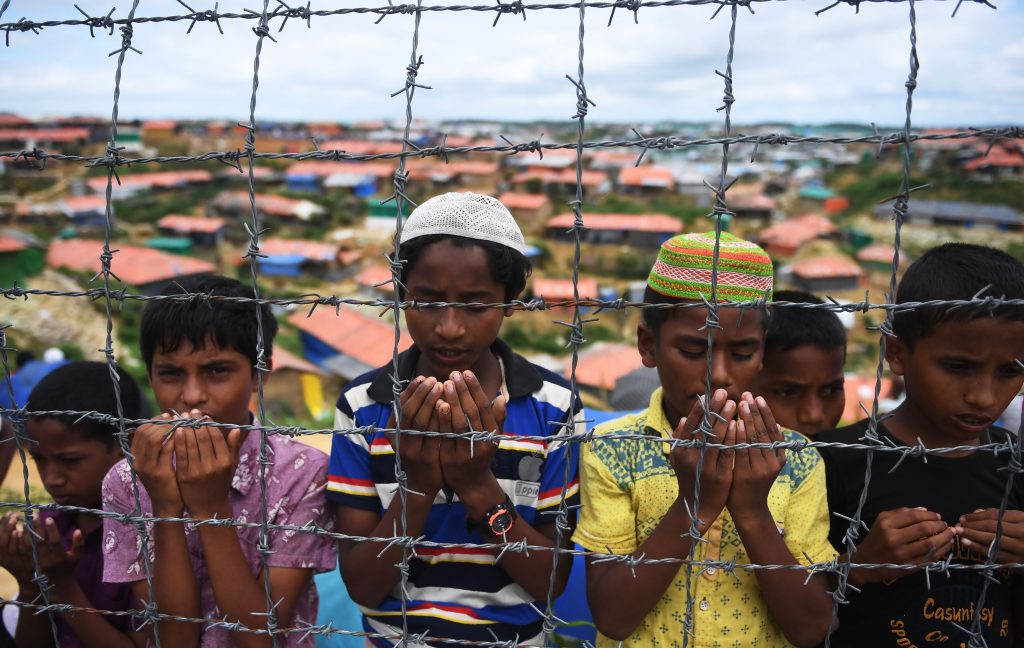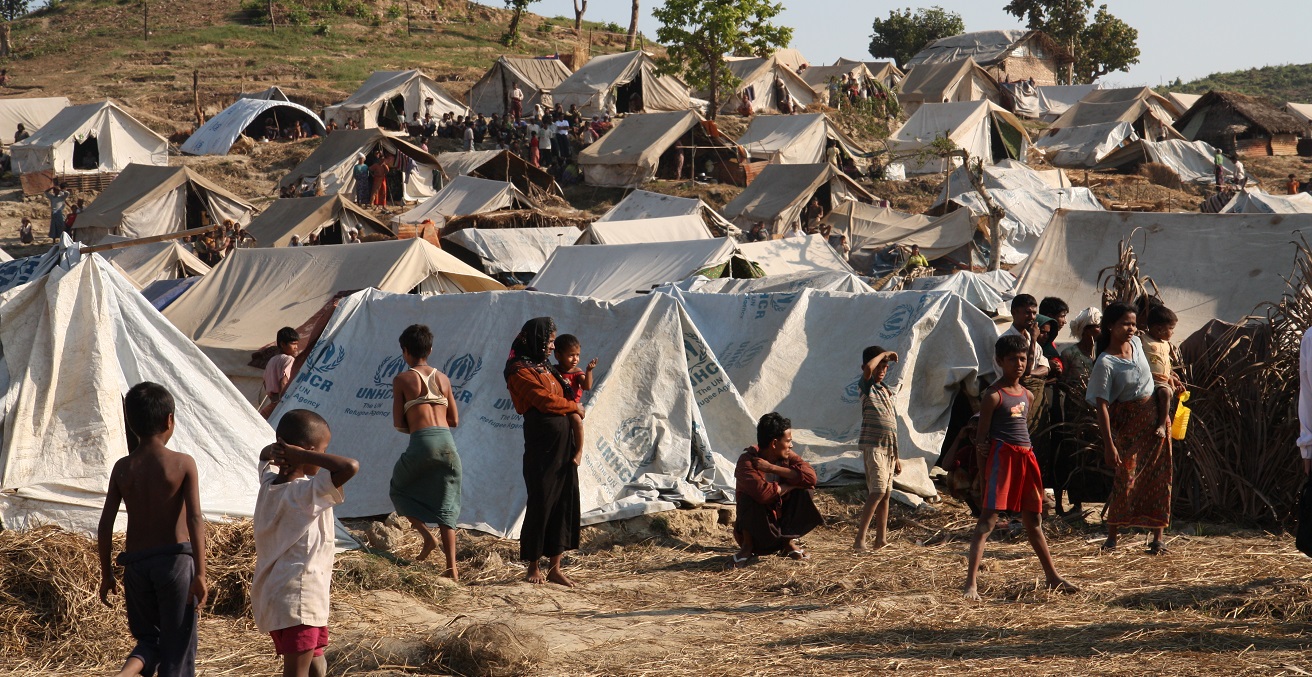The Rohingya Crisis: Humanitarian Challenges and International Response is a pressing issue that demands attention and action on a global scale. The Rohingya people, mainly residing in the Rakhine state of Myanmar, have faced persecution and violence, leading to a significant displacement of the population. This article aims to shed light on the complexities of the crisis, the efforts made by the international community, and the way forward.
The Rohingya Crisis: An Overview
The Rohingya Crisis: Humanitarian Challenges and International Response revolves around the systematic oppression faced by the Rohingya population in Myanmar. This minority group has faced discrimination, denial of citizenship, restrictions on movement, and violence that have forced hundreds of thousands to flee their homes. The crisis has led to one of the world’s largest refugee exodus, with Rohingya refugees seeking safety in neighboring countries, primarily Bangladesh.
Humanitarian Challenges in the Rohingya Crisis
The Rohingya Crisis: Humanitarian Challenges and International Response poses significant obstacles in providing essential aid to the affected population. These challenges include:
Displacement and Refugees’ NeedsThe Rohingya refugees, having fled violence and persecution, are in dire need of shelter, food, clean water, and medical care. The sheer scale of displacement has stretched humanitarian organizations’ capacity to meet these needs adequately.
Healthcare and Hygiene
Crowded refugee camps expose individuals to health risks, including the spread of diseases. Access to proper healthcare and hygiene facilities remains limited, increasing vulnerability to health issues.
Education and Future Prospects
Children and youth in refugee camps often lack access to formal education. The lack of educational opportunities hampers their prospects and the potential for their integration into society.
Gender-Based Violence
Displaced women and girls are at an increased risk of gender-based violence. Adequate protection mechanisms and support services are crucial to address this issue.
International Response to the Rohingya Crisis
The Rohingya Crisis: Humanitarian Challenges and International Response has garnered attention from various international organizations and governments. Efforts have been made to address the crisis and provide assistance:
Humanitarian Aid and Assistance
International organizations such as the United Nations and non-governmental organizations (NGOs) have aided Rohingya refugees. This aid includes food, shelter, medical care, and other essentials.
Diplomatic Pressure
Countries worldwide have put diplomatic pressure on Myanmar to address the crisis and improve the conditions for the Rohingya people. Sanctions and international condemnation have been used to encourage change.
Refugee Resettlement and Hosting
Neighboring countries like Bangladesh have shouldered a significant burden in hosting Rohingya refugees. These countries have received support from the international community to manage the influx of displaced individuals.

Challenges in International Response
Despite efforts, The Rohingya Crisis: Humanitarian Challenges and International Response faces obstacles:
Political Complexities
The crisis is a humanitarian issue and a deeply rooted political and ethnic conflict. This complexity hampers swift resolution and comprehensive international response.
Resource Limitations
Humanitarian organizations often need more resources, hindering their ability to provide sustainable aid and support.
Legal and Citizenship Challenges
Rohingya refugees often lack legal status and citizenship, making accessing basic rights and services challenging.
The Way Forward
Addressing The Rohingya Crisis: Humanitarian Challenges and International Response requires a collaborative and comprehensive approach:
Sustainable Funding
Ensuring consistent funding for humanitarian efforts is crucial to meet the ongoing needs of Rohingya refugees.
Conflict Resolution and Reconciliation
A lasting solution involves addressing the root causes of the crisis, including political conflicts and ethnic tensions within Myanmar.
Community Empowerment
Empowering the Rohingya community through education, vocational training, and social integration can enhance their prospects for a better future.

